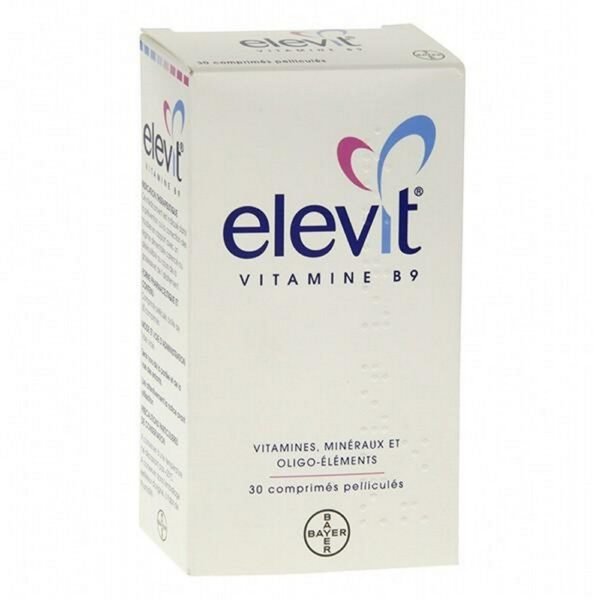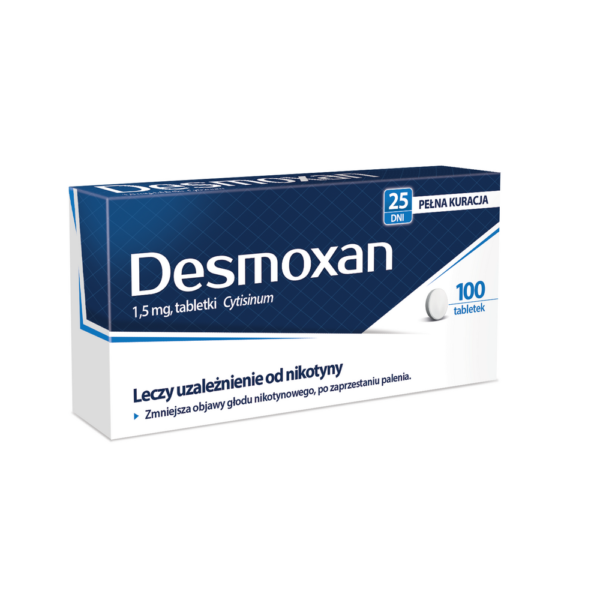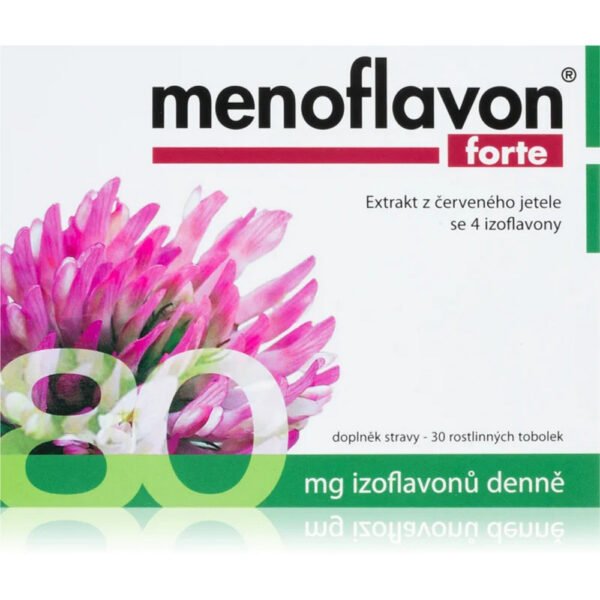Vitamin B Complex with Vitamin C, 100
€38.95
The B vitamins consist of a large number of substances involved in the metabolism of all living cells. They play the role of coenzyme, they work with proteins in the multiple enzymatic systems of our body. The functions of B vitamins are closely synergistic and, because of these interrelationships, a deficit in one or more of them can lead to the deficiency of the others and slow down their use. B vitamins are water soluble and are not stored by the body. They must be replaced daily and the surplus eliminated.
The B vitamins consist of a large number of substances involved in the metabolism of all living cells. They play the role of coenzyme, they work with proteins in the multiple enzymatic systems of our body. The functions of B vitamins are closely synergistic and, because of these interrelationships, a deficit in one or more of them can lead to the deficiency of the others and slow down their use. B vitamins are water soluble and are not stored by the body. They must be replaced daily and the surplus eliminated.
Although B vitamins work together, some work individually in the following ways:
The Vitamin B1 (Thiamine) acts coenzyme necessary for the conversion of carbohydrates into glucose, burned by the power generating body. Indispensable to the functioning of the nervous system, its deficiency can cause beriberi, a disease characterized by weakness, paralysis and edema.
The Vitamin B2 (Riboflavin) is coenzyme accelerating the transformation and desglucides use, fats and proteins. Its deficiency can lead to tissue inflammation and hypersensitivity to bright light.
The Vitamin B3 (Niacin), also available as Nicotinamide is a coenzyme that acts in the conversion of carbohydrates, fats and proteins. Niacin is essential for the health of the skin and nervous system. Pellagra is a deficiency in Niacin.
The Vitamin B5 (Pantothenic Acid) is required for normal operation of certaineshormones. Essential for the formation of fatty acids, it participates as a coenzyme in the use of vitamin B2, releasing the energy of carbohydrates, fats and proteins.
The Vitamin B6 (pyridoxine) acts as coenzyme in the processing and use desglucides, fats and proteins. It facilitates the transformation of glycogen from the liver and muscles into energy. It also participates in the use of energy in the brain and nervous tissues and therefore is essential for the regulation of the central nervous system.
The Vitamin B8 (Biotin) is an essential coenzyme that participates in the synthesis of acidesgras, and converting carbohydrates and fats into energy. Also helps in the use of amino acids, folic acid, pantothenic acid and vitamin B12. Involved in maintaining hair.
The Vitamin B12 (cobalamin) is the only vitamin containing cobalt, a trace element essential to the proper functioning of all cells of the body especially those of lamoelle spinal, digestive tract, the nervous system. Indispensable for the formation of red blood cells. Choline is generally considered to be a vitamin of group B. It is the basic element of lecithin, it facilitates the circulation of fats in the cells of the liver. It must be present for the absorption of vitamin A. The body makes it from methionine with folic acid and vitamin B12.
The folic acid or Folacin (vitamin B9) competes with vitamins B12 and C with the use of proteins, plays an essential role in the formation of hematin, iron contenantle protein of hemoglobin, which binds to the acid folic in the formation of red blood cells. Part of the folic acid is produced by the intestinal flora. Vitamin B9 is essential for pregnant women for tissue growth during pregnancy.
The Inositol is usually considered a vitamin B group is thought that lacholine, inositol is necessary for the metabolism of fats in the body.









 For Kids
For Kids













